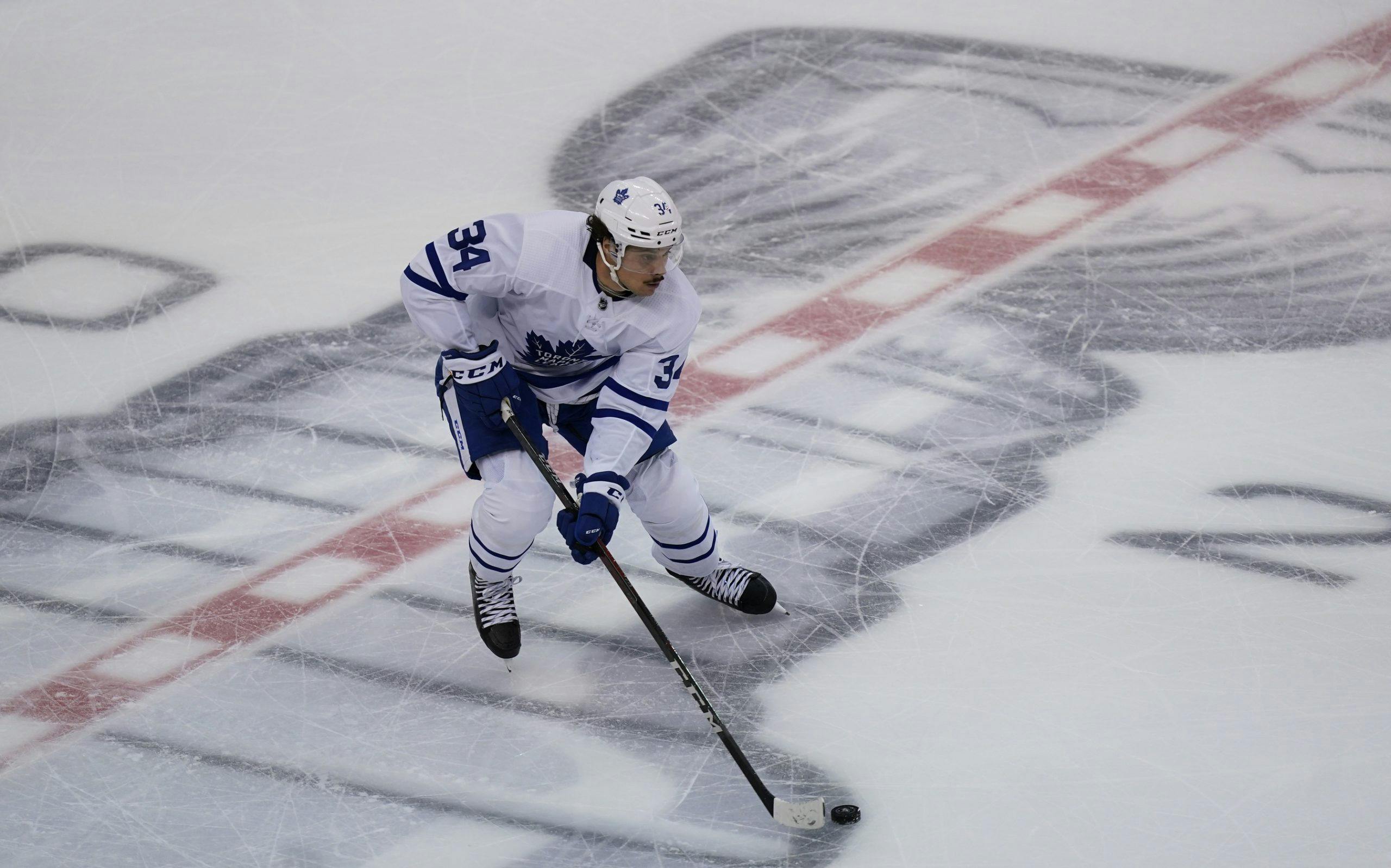NHL 21 predicts the rest of Auston Matthews’ career
Photo credit: © John E. Sokolowski-USA TODAY Sports
Dec 31, 2020, 12:00 EST
Breaking News
- Knee Jerk Reaction: Leafs fall in game of bounces, lose in overtime vs. Panthers
- Former Panther Brandon Montour says Florida will be ready to respond in Game 3
- Panthers’ biggest stars have been quiet against Maple Leafs – but don’t expect that to last
- NHL betting preview (May 9): Maple Leafs vs. Panthers Game 3 predictions
- Brandon Montour reveals Toronto was a serious consideration in free agency last summer: Leafs Morning Take
